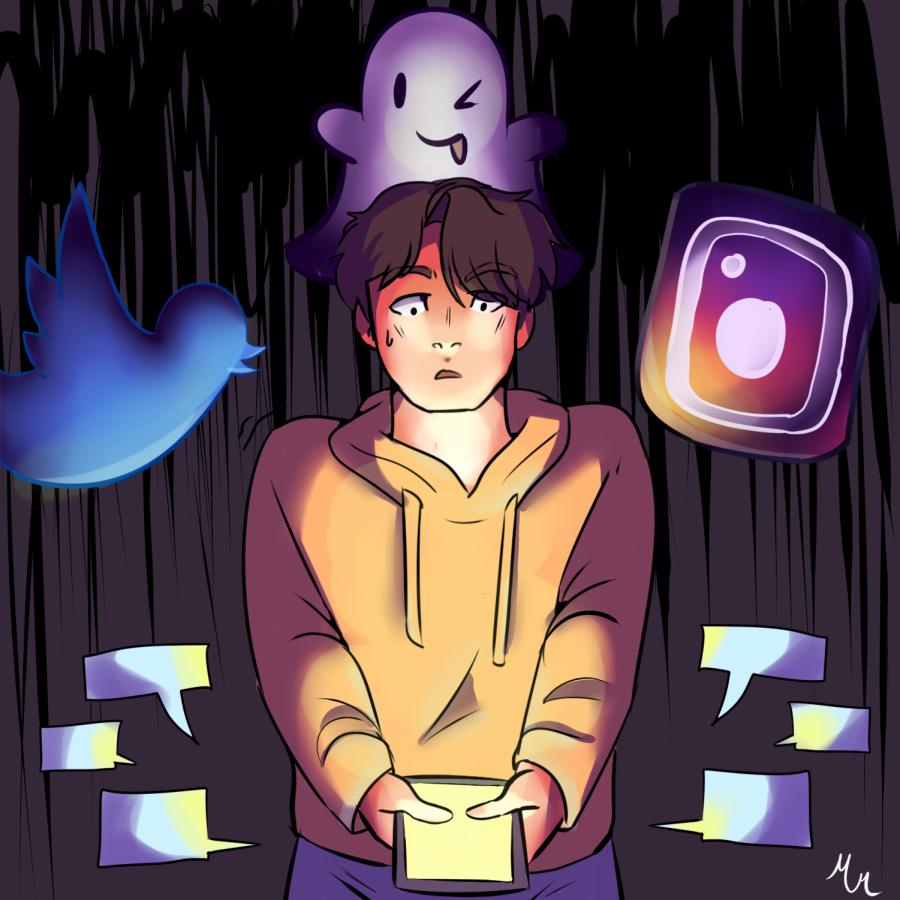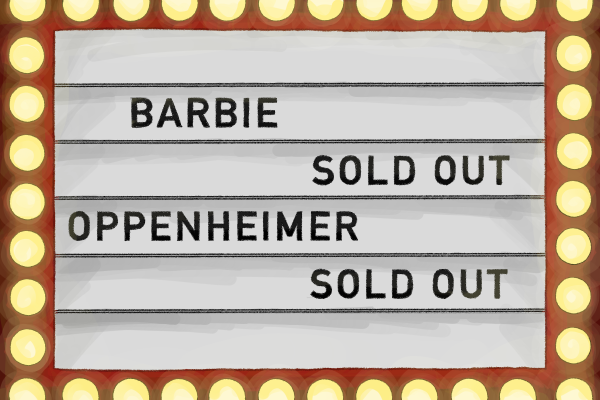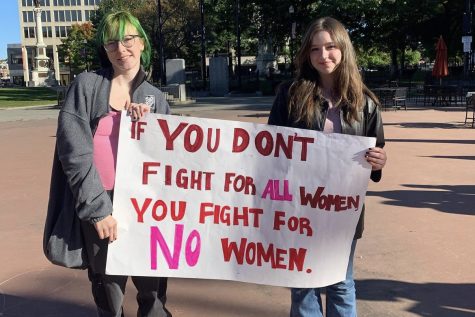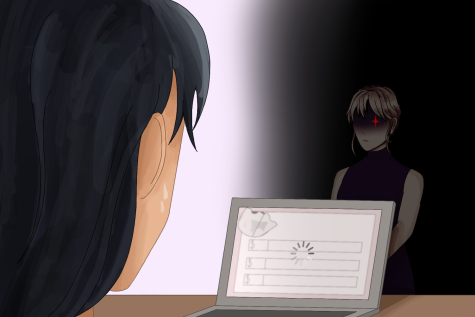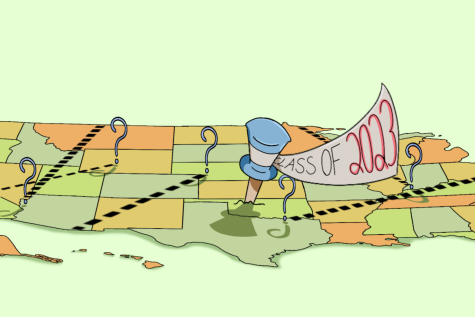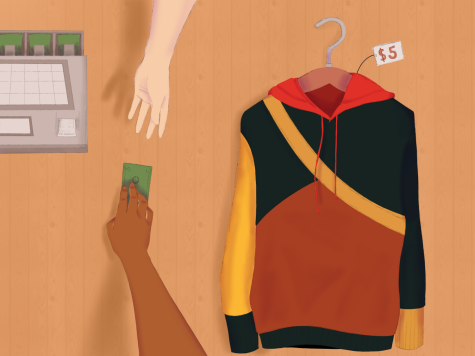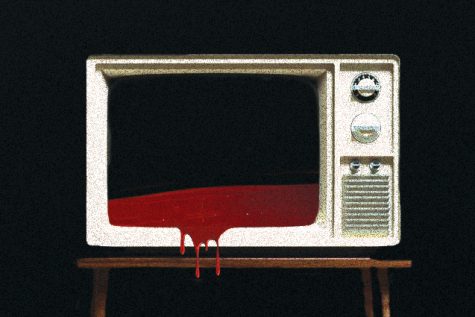Documentary takes harsh look at social media dilemmas
Netflix’s new documentary, The Social Dilemma, examines social media companies and the different “ethical” and mental health concerns connected to social media. According to Dr. Anna Lembke,“‘Social media is a drug’”.
“I do think I am addicted to social media as well as my entire family and most of my friends,” said junior Sarah Everidge.
Junior Andrew Fenner agreed.
“It’s wicked addictive, most of the people I talk to are obsessed with apps like Tiktok, and even my mom is always on Facebook.” said Fenner.
The documentary describes for viewers how social media apps compete to keep users engaged to improve their businesses and become the richest human companies in history.
But the excessive focus on scrolling or liking posts has raised many mental health concerns.
“If someone is being bullied with online methods, then yes, social media can take a toll on someone’s mental health,” said sophomore John McAuliffe. “Someone could have an embarrassing photo or video shared without their permission, and that could put a lot of stress on a person too.”
While social media has created a world of new possibilities, it has also hurt many users mentally and physically: an increase in depression, anxiety and suicide rates among teens in Generation Z as well as eye strain and migraines caused by staring at phone screens for excessive periods of time.
“Social media creates unrealistic standards and expectations for our society, which leads us to comparing ourselves to each other,” said Fenner.
What’s more, the documentary discusses an MIT study that shows that fake news on twitter spreads six times faster than real news and that the social media systems allow fake news because they keep more users engaged in the apps.
“I have definity been fed fake news online,” said Everidge. “I separate the truth from the fake news by seeing if I can find multiple sources that tell me the news or if I can find someone qualified in that area that can tell me the same thing.”
The Social Dilemma depicts how society has been affected by social media, but stops short of predicting the future – either good or bad – of social media.
“I would try to make social media more positive, as there are a lot of people saying negative things on the internet that brings others down,” said McAuliffe. “That doesn’t mean there aren’t other people who try to make others smile everyday, but a new positive light would help.”

Mary is currently a junior from Paxton and has been writing for the Echo since sophomore year. Mary’s interests included books, writing, gymnastics,...



